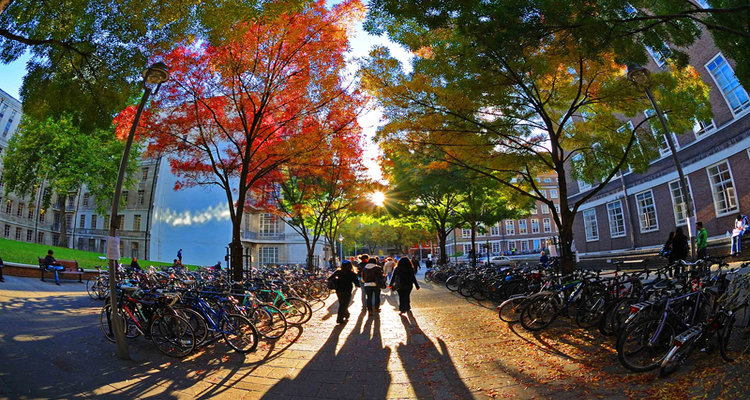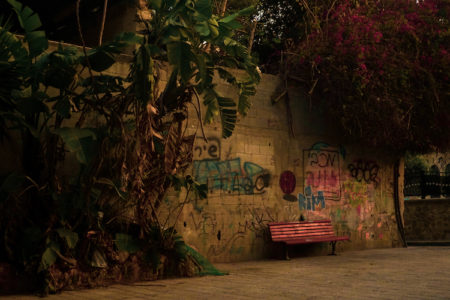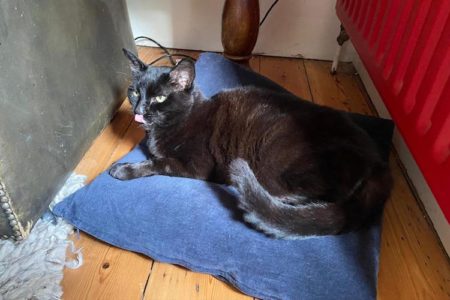PhD’s and mental health: Irene’s story

By Alice Austin
Reading time: 5 mins
Irene is 31, from Madrid and completed her PhD in Palestinian Theatre at SOAS in 2017. When I spoke to Irene it was the day before she handed in her PhD.
Irene completed her PhD over 5 years. The first year she was granted funding with the La Caixa Foundation scholarship and the rest of the time the PhD was self-funded, meaning Irene had to work alongside studying. Irene was not diagnosed with a specific illness and did not take medication for mental illness while she was studying, however her mental health did suffer while she was completing her PhD.
Irene’s expectations before beginning her PhD were different to the reality. “I was expecting much more community and more of a network inside the university. It’s been five years with very little guidance, with zero recognition, writing a topic that I think is interesting. Everything is in your head and even if you are mentally stable, at some point these factors can completely unbalance you.”
Irene spent the first year of her doctorate in London and had 1 meeting a month with her supervisor. The last 4 years she split her time between Madrid and Berlin and with even fewer contact hours. This lack of structure can be very isolating.
“Not being at university and not going to SOAS regularly means I’m surrounded my people who aren’t studying a PhD, but when I do meet with other PhD students it can be quite depressing because everyone is in the same position. I remember in the first year around February, I met with other people on the same scholarship. We all had Vitamin D deficiencies and we were all so miserable.”
One of the reasons why the PhD can be so challenging psychologically is because it can be an internal battle with yourself. “The PhD plays a psychological trick to your mind –because it becomes your identity and then it’s you against you. The only thing that stops you from finishing is yourself and that’s the most challenging feeling and that’s why you feel so guilty – you know you are the only one responsible.”
If you are prone to having mental health issues, and those with high IQs are likely to suffer with depression, then fighting a you vs. you battle can be a breeding ground for disaster. Pair this with the nature of academia, which is not necessarily progressive in handling mental health, and there is a large chance that PhD students will suffer with depression.
Irene continues: “I think universities should warn you and teach you how to cope. No one told me at the beginning that I needed to take care of myself. My supervisor was very good and always asked me if I was well. She made sure I was going out with my friends and she told me it’s important to have a normal life.”
Ensuring a routine from the very beginning is one of the crucial ways to maintain a good work/life balance during a PhD. “In the third year of my PhD I was working part time and that really helped me. It meant being in an office for four hours a day with other people, then I’d go home and work.”
Irene went to counseling in her second year and final year of studying. This helped her maintain her balance, and she was able to cope with the pressures of her work without taking medication, despite being in a mentally vulnerable place during her studies.
“When you start, you know it’s a competitive world but you are passionate about your idea and you’re ready to defend. By the fifth year you are so vulnerable, it’s something you’ve invested so much time in, that any criticism can just destroy you.”
However it’s not all doom and gloom – PhD’s are an incredible achievement and a journey that many people relish. Irene is one of few experts in the world on Palestinian Theatre and it’s a topic that she loves and feels connected to.
She says that handing the PhD in was the most anticlimactic moment of the entire process, but in the days afterwards Irene felt a sense of calm and accomplishment. “The whole post-PhD uncertainty feels very similar to freedom. The almost-300-pages book stares at me from the shelf where it keeps reminding me that I made it. I still feel very vulnerable about it, but I also know that many doors are now open for me.”


